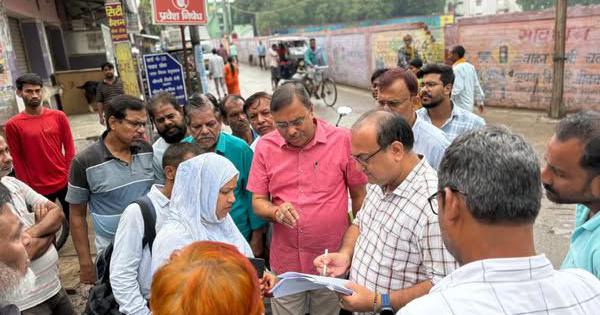Dhanteras 2020: Day, significance, puja muhurat and other details
On the day of Dhanteras, it is auspicious to buy silver and gold ornaments/utensils and most Indian households make big-ticket purchases

Diwali or Deepavali is around the corner and the festivities will begin this Friday, November 13, with Dhanteras. The auspicious day is also known as Dhantrayodashi, as Hindus worship Lord Kubera (god of wealth), Lord Dhanvantari (god of medicine), and Goddess Lakshmi (goddess of wealth and fortune). In Sanskrit, the word ‘dhana‘ refers to ‘wealth’, and it is believed that on this day goddess Lakshmi came out of the ocean while the milky sea was being churned with a pot of gold and wealth.
Dhanteras concurs with the Trayodashi Tithi (Thirteenth day), Krishna Paksha (waning phase of the Moon) of Kartik Maas (Kartik month) on the Hindu calendar.
On the day of Dhanteras, it is auspicious to buy silver and gold ornaments/utensils and most Indian households make big-ticket purchases. In many jewellery stores, coins are specially moulded for Diwali festivities with the image of Goddess Lakshmi embossed on them. Later, the gold and silver purchases are placed next to the deity for puja.
The purchase of gold and silver is reliant on muhurat (auspicious time). Pushya Nakshatra day and Dhanteras are the two most auspicious days when most of the purchasing are done.
Lakshmi puja on Dhanteras is performed during Pradosh Kaal which starts after sunset and lasts for approximately two and a half hours. On November 13, Pradosh Kaal will last between 5.30 PM and 8.10 PM. The Dhanteras Puja will begin at 5.28 PM and end at 5.59 PM this Friday.
Deepavali, which falls on November 14 this year, is marked with fireworks and the decoration of floors with rangoli designs. Food is a major focus with families partaking in feasts and sharing sweets. The festival is an annual homecoming and bonding period not only for families but also for communities that organise gatherings. Although this year, celebrations and gatherings are expected to be muted thanks to the coronavirus crisis. Moreover, many states and cities have fully or partially banned the bursting of polluting firecrackers.














